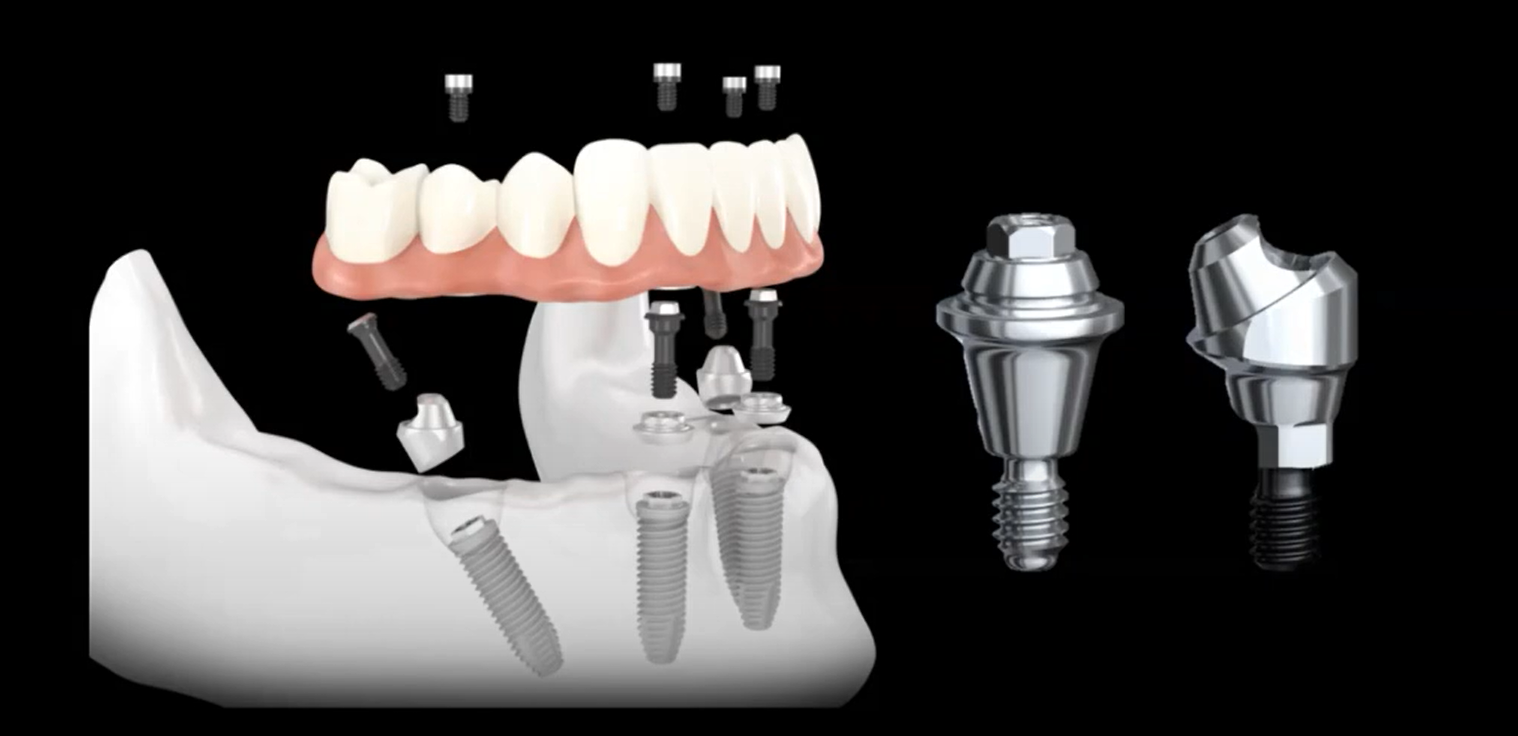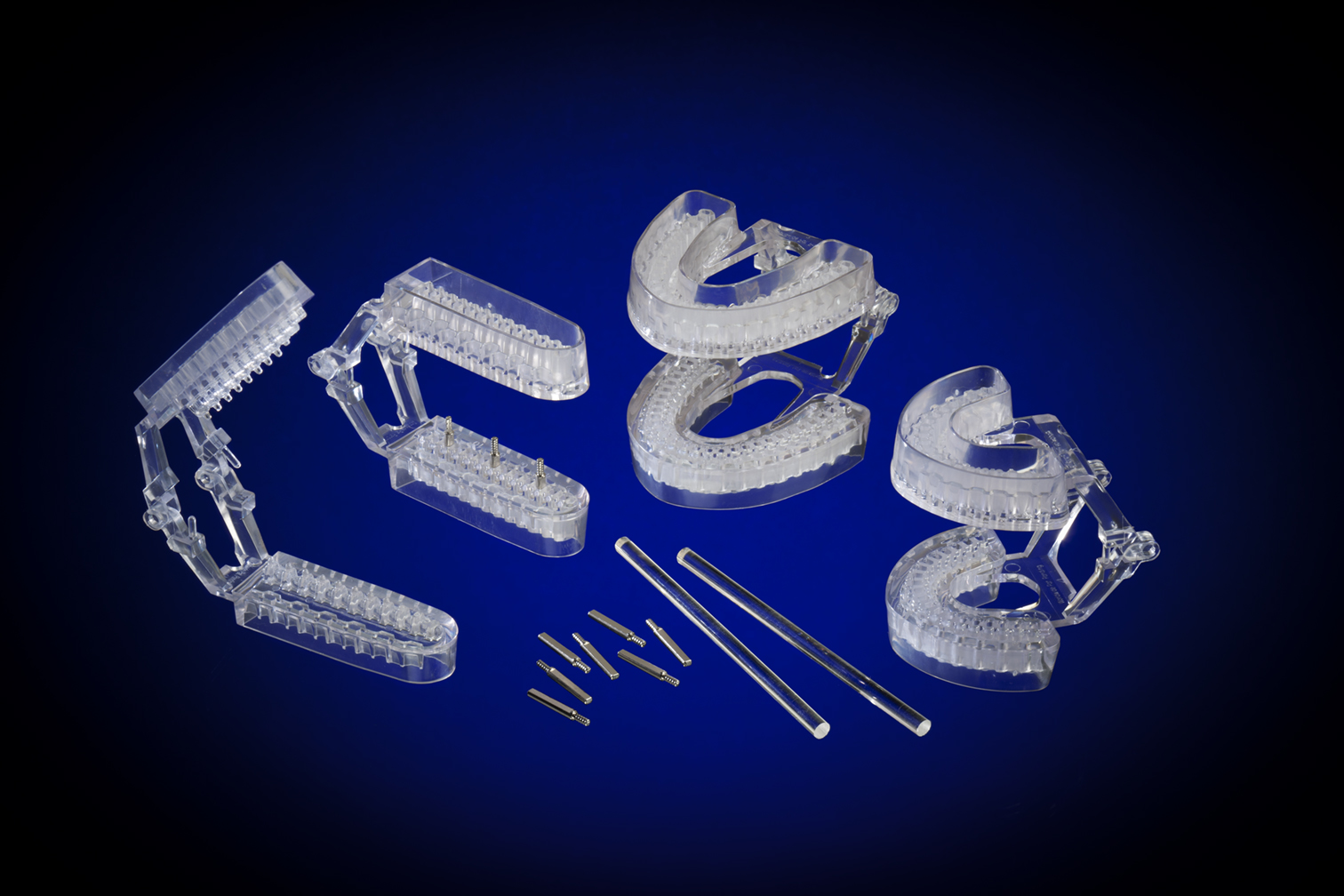 OK Folks…this is the time of year when things in the lab start going haywire. We do not think much about it, but when the weather changes so do the conditions in the lab, and therefore so do all of your chemical reactions.
OK Folks…this is the time of year when things in the lab start going haywire. We do not think much about it, but when the weather changes so do the conditions in the lab, and therefore so do all of your chemical reactions.
I have plenty of technicians tell me that they always use the same ratios, but then I have others that watch the temperature and the humidity of their labs and adjust accordingly. Both are right, but unknowingly the first is adjusting their finishing and accommodating the changes.
Some technicians tell me that they have air conditioning so they are OK in the summer months. AC cools the air, but often increases the humidity inside. It is also a roller coaster as the thermostat clicks on and off while the temperature bounces. (The same thing happens in the winter with heat and dryer air).
Do you set the thermostat at a specific temperature and leave it there 24/7? Alternatively, do you go green, and save energy in the evening and at night? Admirable, but the temperature rises in the lab during the evening and nighttime hours. It takes time for the materials in your lab to cool down in the morning and at a much slower pace than the air. (Once again, the same with heating in the winter). Therefore, that which you do in the morning will react slightly differently in the afternoon. Example: A fully heat soaked ceramic furnace behaves differently in the afternoon than it does in the first fire in the morning. Is your investment bench-setting under the AC vent? This effects the reaction and gives you something different each time you invest.
Chemical reactions require consistency to achieve consistent results. This is with your gypsum process, your investing, your pressing, your ceramics and your curing processes.
As technicians, we are so used to fixing things that it becomes our norm and we begin to ignore problems that exist within our processes. That is why in technical support we get phone calls that begin with, “I’ve been doing this for…..years”. We know that you are not a bad technician, but you wouldn't call if you were not out of ideas. Sometimes the fixes are things you would never have thought of, like room humidity or varying temperature.
These things effect every chemical reaction: Time, Temperature, Humidity, Speed of Mix (Friction), Density of material. When one of them changes, there are slight changes to the resulting reaction. Be aware of your climate and circumstances. Watch for slight changes that would indicate conditional issues and have a plan to respond.
If you need help with any of these issues, call us at Whip Mix Technical Support (800) 626-5651 and let us walk you through them.












Leave a comment